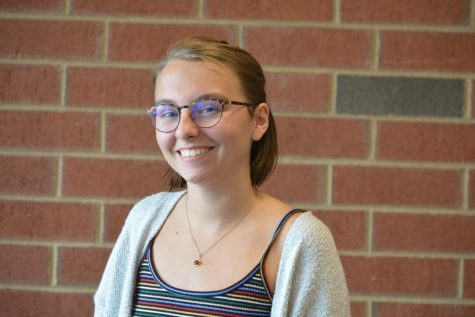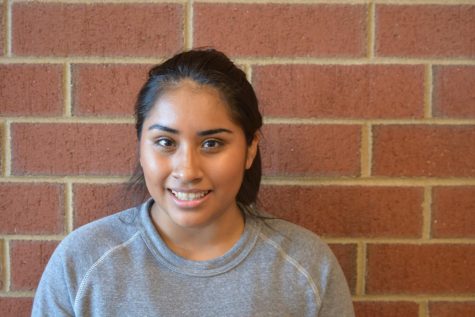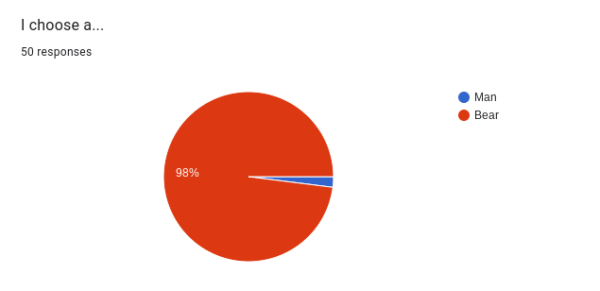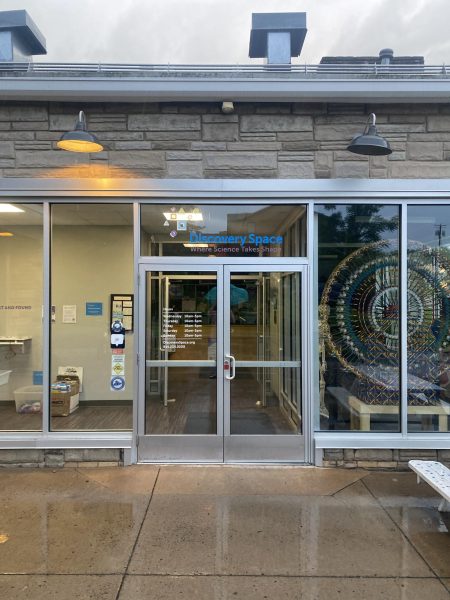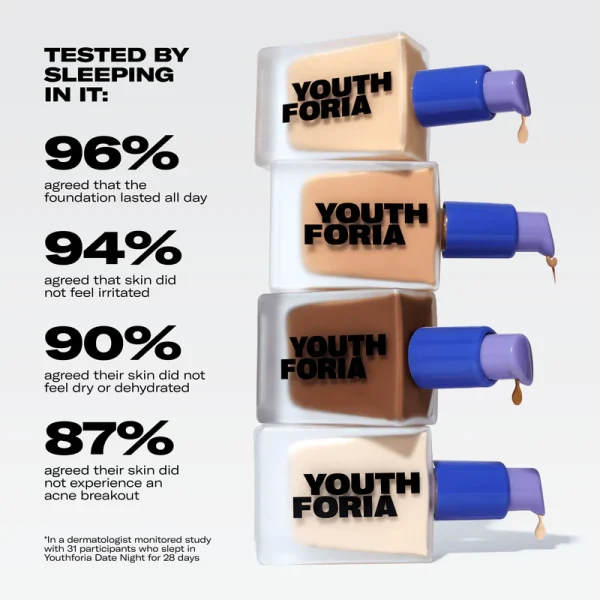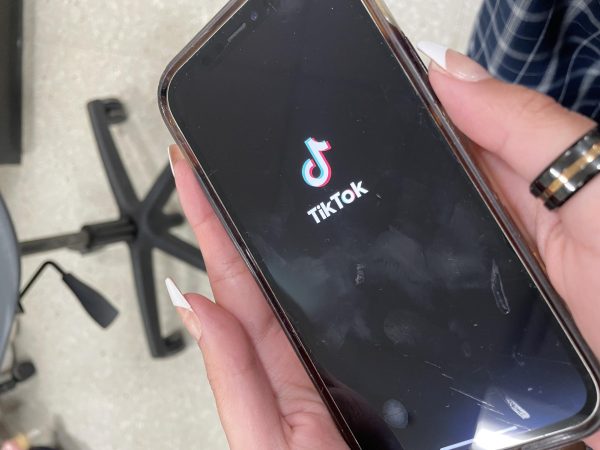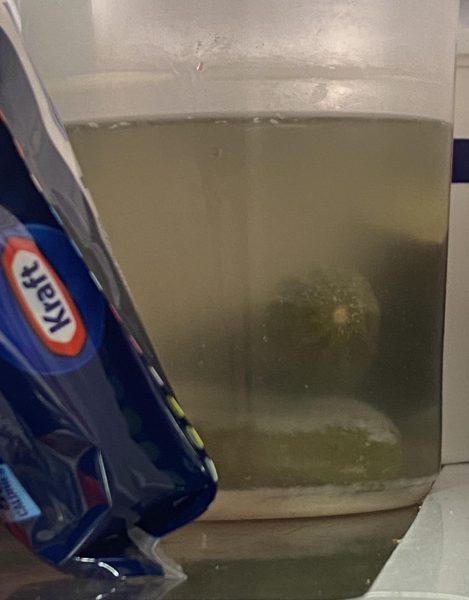Mental Health Focused Class? Yes Please.
December 11, 2019
Mental health is becoming increasingly important in today’s society. Mental health issues are skyrocketing, and the generational stigma that continues on is at the forefront of the problem. According to the American Psychological Association, mental health issues have increased significantly in young adults in the last decade.
It’s even harder being a teenager facing the trials and tribulations that come in high school without the tools to help combat that stress. A mental health class outside of the already required health courses in the district could be helpful to those who cannot find the time to go speak with a counselor.
While there is a mental health curriculum in our school, it’s only a single unit. Mental health is more than just a single unit. In a class that is specifically focused on mental health, you could have space to learn about the issues that are so prevalent and find others who can relate.
Not only could there be days spent learning issues around mental health, there could also be “mental health periods” where the whole class is spent doing a relaxing and stimulating activity. Learning these skills positively influence people for their own personal care and help in teaching people skills to effectively help friends and people around them who are struggling with mental health-related issues.
This year, the Delta Program is offering the first school-wide mental health class for students. The course is optional, with three blocks available to students for nine-week increments. This is the first year that Delta is offering the class and has been in the works for years.
“Creating a curriculum and designing a class structure that is just as complex as the focus [mental health] was going to take some time,” Eric Marshall, the Health and P.E teacher who is teaching the course as a health elective, said. “I finally felt that I was in the right place in my career to make this class a reality.”
The class begins with exercises in relaxation. Each week, a different technique is used in order to continue allowing students to begin to focus on themselves.
Sacha Cooper, a junior at the Delta Program, hopes to see State High follow in Delta’s footsteps. “I feel like the stigma at the high school level is really what is stopping progress to be made,” Cooper said. “There needs to be more conversations, safe places, and acceptance. It is a good start that we have this class, and I am very excited for what is in store during this marking period.”
Each class has a personalized feel as there are only 10-15 students in each period.
“I signed up for this class due to the fact that we don’t talk about mental health when we really do need to as the younger generation,” senior Nolan Wilson said. “There needs to be a push to add mental health to the curriculum, not just at the high school level.”
The Delta Program will be offering “Mental Health” during the spring but will likely not return into the class matrix for two years due to space availability.
“I hope there is enough interest to continue offering this course but it is all up to the students,” Marshall said. “The time we have is short, in the future I could see this class becoming a semester-long class and hope to continue breaking the stigma is this community through conversations in the classroom environment.”
Hopefully, State High will follow in Delta’s footsteps in future years. It would be a helpful edition to help create a stigma-free school environment, teaching students how to control the stress of high school life, while also offering students solutions to help classmates who are dealing with mental health issues.

